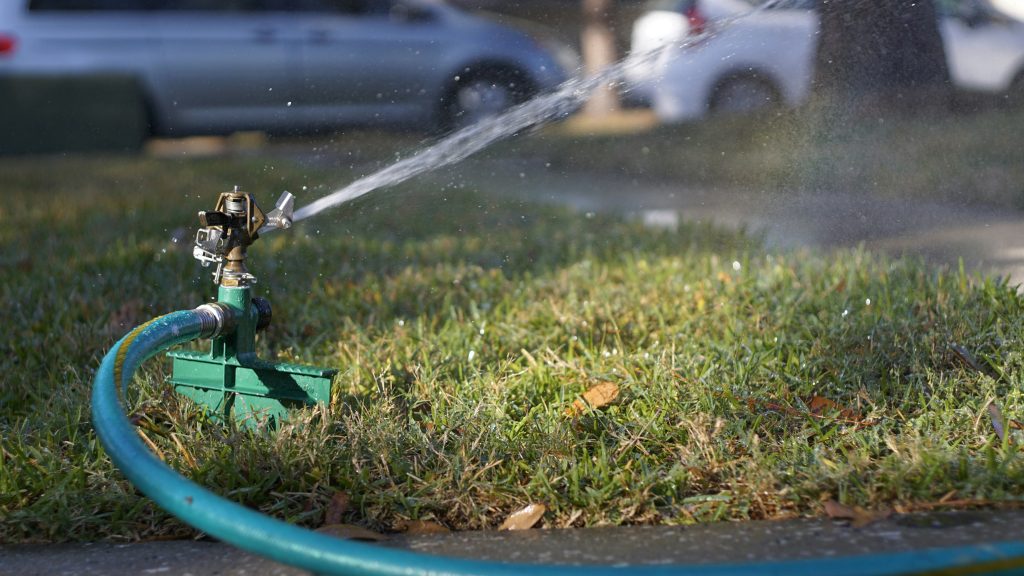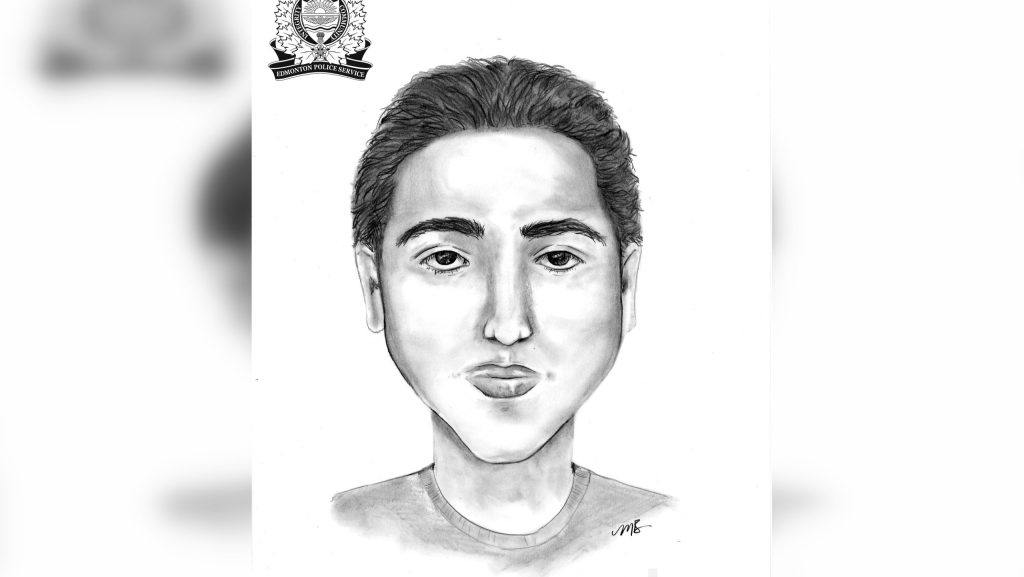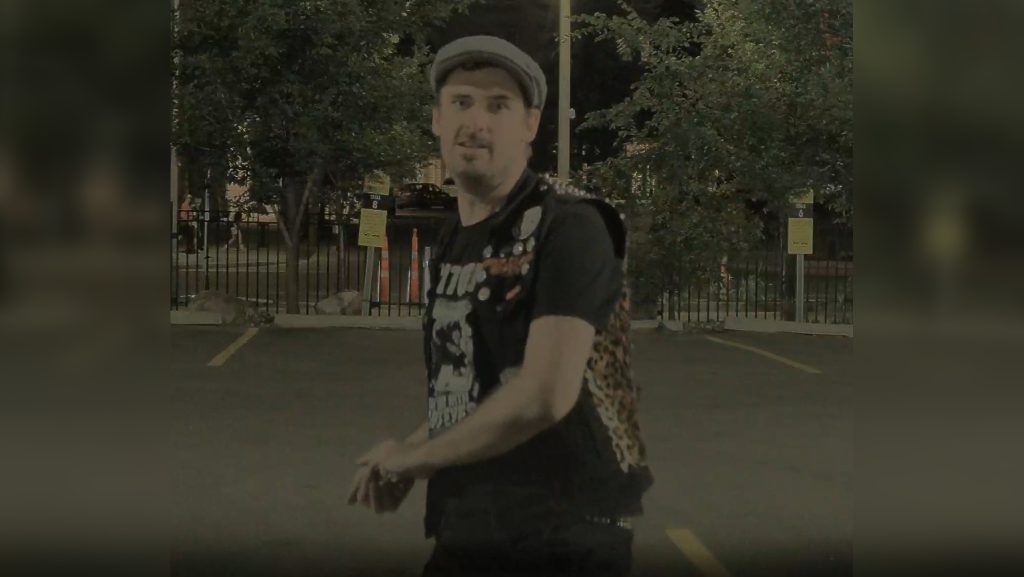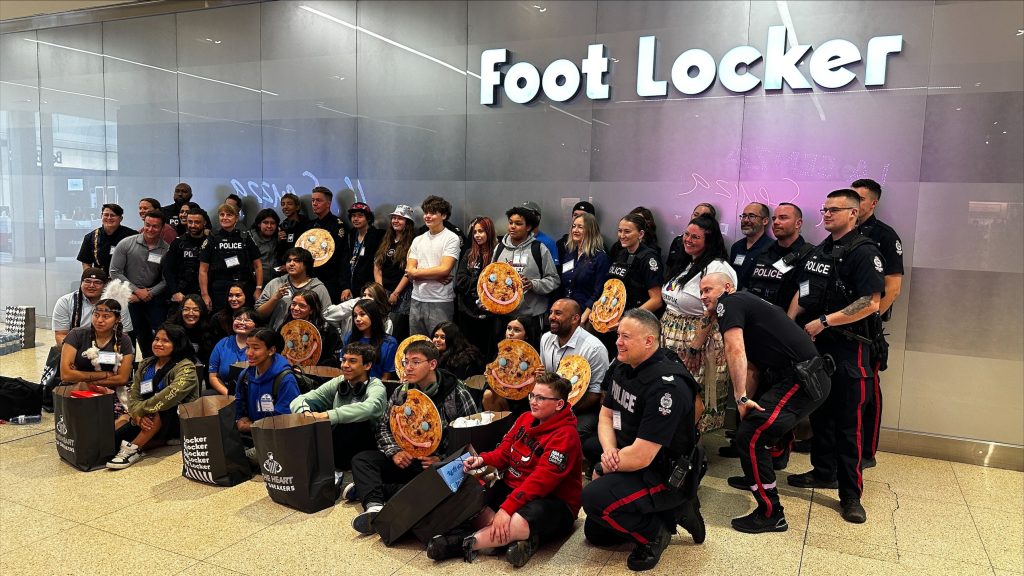Know your location: E-Comm says majority of 9-1-1 calls made from cell phones
Posted December 9, 2019 12:39 pm.
Last Updated December 9, 2019 2:45 pm.
This article is more than 5 years old.
VANCOUVER (NEWS 1130) – Knowing your location “is more important than ever,” 9-1-1 operators say.
When you call emergency services, don’t expect operators to know where you are, especially if you’re calling on a cell phone.
“With more people using mobiles only and social media geotagging and delivery apps that show location in real-time, E-Comm is concerned that there’s a potentially dangerous public misconception that cellphones provide an exact address or location to 9-1-1 call takers,” E-Comm writes in a release.
E-Comm says 74 per cent of calls made to 9-1-1 are from cell phones. It adds calls originating from cell phones have increased by 10 per cent over the past five years.
This year alone, the emergency communications centre has received over 1.13 million 9-1-1 calls.
Ryan Lawson, E-Comm’s director of Public Safety Initiatives, says while operators can determine the location of a caller when they call from a landline, locating a caller on their cell phone is “nowhere as precise.”
“…location is determined by cell tower triangulation, it’s generally narrowed down to within a block of where someone is calling,” he says.
9-1-1 operator Madison Sheane says she has first-hand experience with people misunderstanding that cell phones can not determine where they are and points out how you can help the operator find you.
“When you call 9-1-1, my job is to get you the help you need as quickly as possible. You can help me do that faster by answering my questions, including knowing your building or home address, the streets or landmarks you are near and your compass directions. This allows me to narrow down precisely where you are,” she says.
She adds callers often assume operators know where they are because of how the operator-caller relationship is portrayed on TV and in movies.
In the years to come, Lawson says finding locations and additional information from callers on their cell phones will improve.
“This means call takers will spend less time trying to determine where the emergency is taking place and dispatchers will be able to make better decisions on what resources to dispatch and where. Until then, ‘what is your location?’ will always be the first question our staff ask,” he says.








